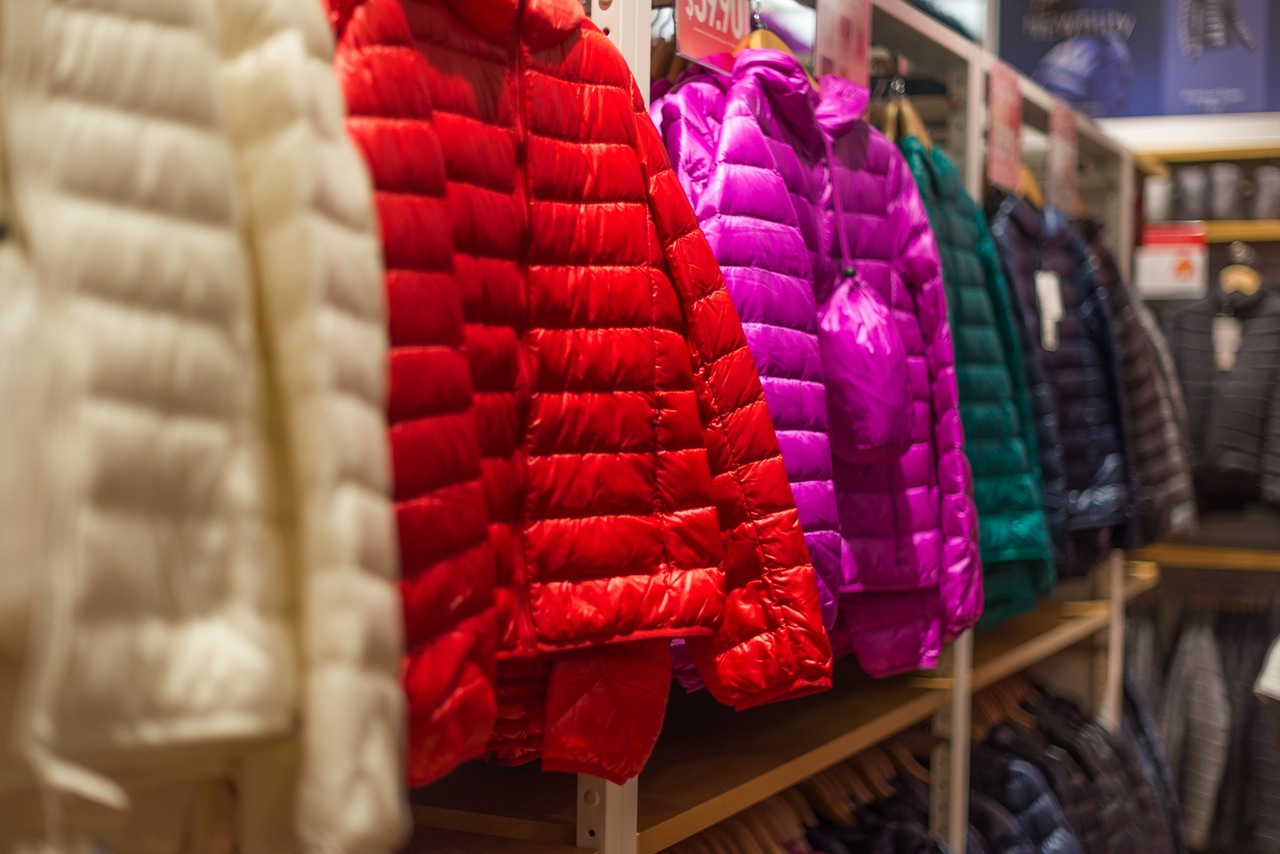
Retail sales in the U.S. dropped 1.1% in November, suggesting a slowdown in the U.S. economy’s recovery from the coronavirus pandemic.
Analysts believe that the decline of retail sales in the U.S. was caused by new Covid-19 infections and falling household income.
The monthly decline in retail sales reported by the Commerce Department came before the holiday season.
Data for October’s retail sales was adjusted down to show sales sliding 0.1% instead of soaring 0.3% as previously predicted. October’s dip was the first since April, when strict movement protocols to contain the coronavirus froze the economy.
The drop in sales in November was led by motor vehicles. Receipts at clothing stores plunged 6.8%. Consumers also spent less on eating and drinking out. Sales at restaurants and bars declined 4.0%.
Sales at electronics and appliance stores dropped 3.5% and receipts at furniture stores fell 1.1%. There were also declines in sales at sporting goods, musical instrument, hobby, and bookstores. Meanwhile, receipts at food and beverage stores increased as did those at building material stores. Online and mail-order retail sales increased a modest 0.2%.
Consumer spending
According to analysts from the Brookings Institution, American residents will spend $12.5 trillion on durable and nondurable goods and services in 2020. “This is more than half a trillion less than last year.”
U.S. consumers increased their spending by only 0.5% in November, the weakest rise since April.
“Consumers held back on spending in November as virus rates spiked, states imposed retail restrictions and congressional stimulus discussions were gridlocked,” said NRF President and CEO Matthew Shay.
“With coronavirus infection rates soaring, states re-imposing restrictions and the ... data on in-person dining and jobless claims beginning to show signs of weakness, we are increasingly worried that the monthly gains in consumption will be weaker,” Paul Ashworth, chief U.S. economist at Capital Economics, wrote in a research note.
Holiday spending
Consumers will minimize in-store shopping for the holidays to lessen the risks to workers, according to a new survey by Accenture.
Findings show that people will opt for smaller gatherings and patronizing retailers that share similar values during the coronavirus pandemic. Accenture asked over 1,500 US consumers in August.
Most of the respondents (61%) said they will avoid in-store shopping to minimize health risks to essential workers.
The same figure stressed their interest in companies that uphold health, safety, and hygiene during these times.
Meanwhile, over 40% admitted they do not prefer retailers that have laid-off workers or deducted employees’ benefits due to the outbreak.
More than three-quarters of respondents said they prefer retailers to close on Thanksgiving Day so workers can rest and be with their families.
Jill Standish, who leads Accenture’s retail practice, explained that the coronavirus pandemic has made Americans reflect on the season. People would reorganize their houses as they work at the kitchen table or assist their kids with online learning.
Standish pointed out that the changes have deepened people’s empathy for their neighbors, colleagues, and even strangers who work at the store.
“We’ve all been in lockdown, and with our families, and school and home and work all collide,” she noted. “Holiday is just another extension of that. And yet it’s made us all a little bit more tolerant, a little bit more human.”






